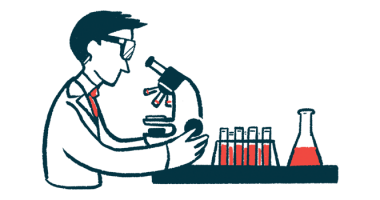
Newly Diagnosed: Treatment Strategies for Huntington's Disease
While Huntington’s disease has no cure as of yet, there are therapeutic approaches that can help to ease symptoms and improve quality of life. Several experimental treatments are also currently in clinical trials that could prove beneficial for patients. Check out the information below to explore more about therapeutic strategies your doctor may recommend and what therapies are in the pipeline for potential future use.
Approved Treatments
No disease-modifying therapies have been approved yet for Huntington’s, so available therapies mainly focus on managing the symptoms of the disorder. There are a variety of treatments that can help ease the movement, cognitive, and psychiatric problems that are commonly associated with Huntington’s.
Experimental Treatments
Research is currently ongoing to develop new therapies that might be able to prevent or delay disease progression, better manage symptoms, and ultimately cure the disease. There are several experimental treatments being investigated for Huntington’s at various stages of the clinical development process.
Non-drug Treatments
Other therapeutic approaches, such as physical, occupational, and speech therapy, can help Huntington’s patients with performing daily activities and maintaining the best quality of life possible. Palliative care, which can be provided at any time as the disorder progresses, also can help ease symptoms and improve quality of life.





